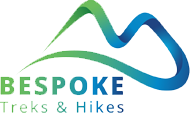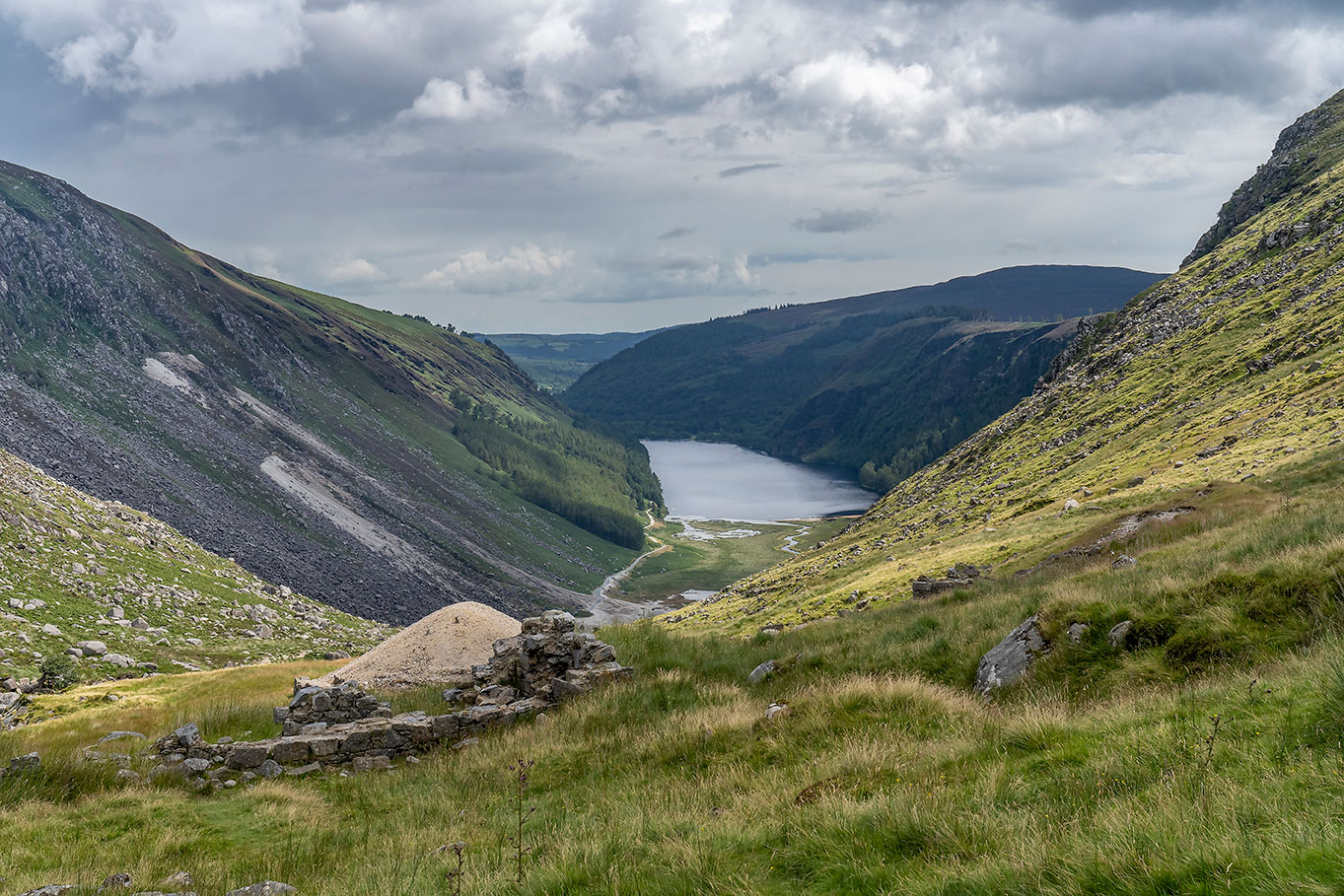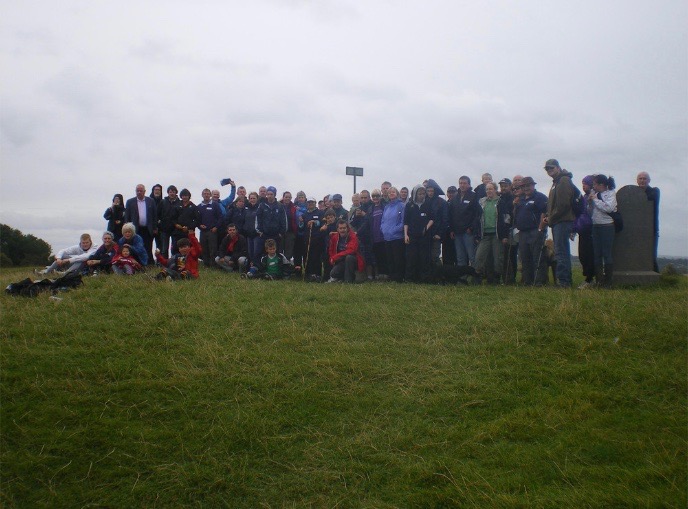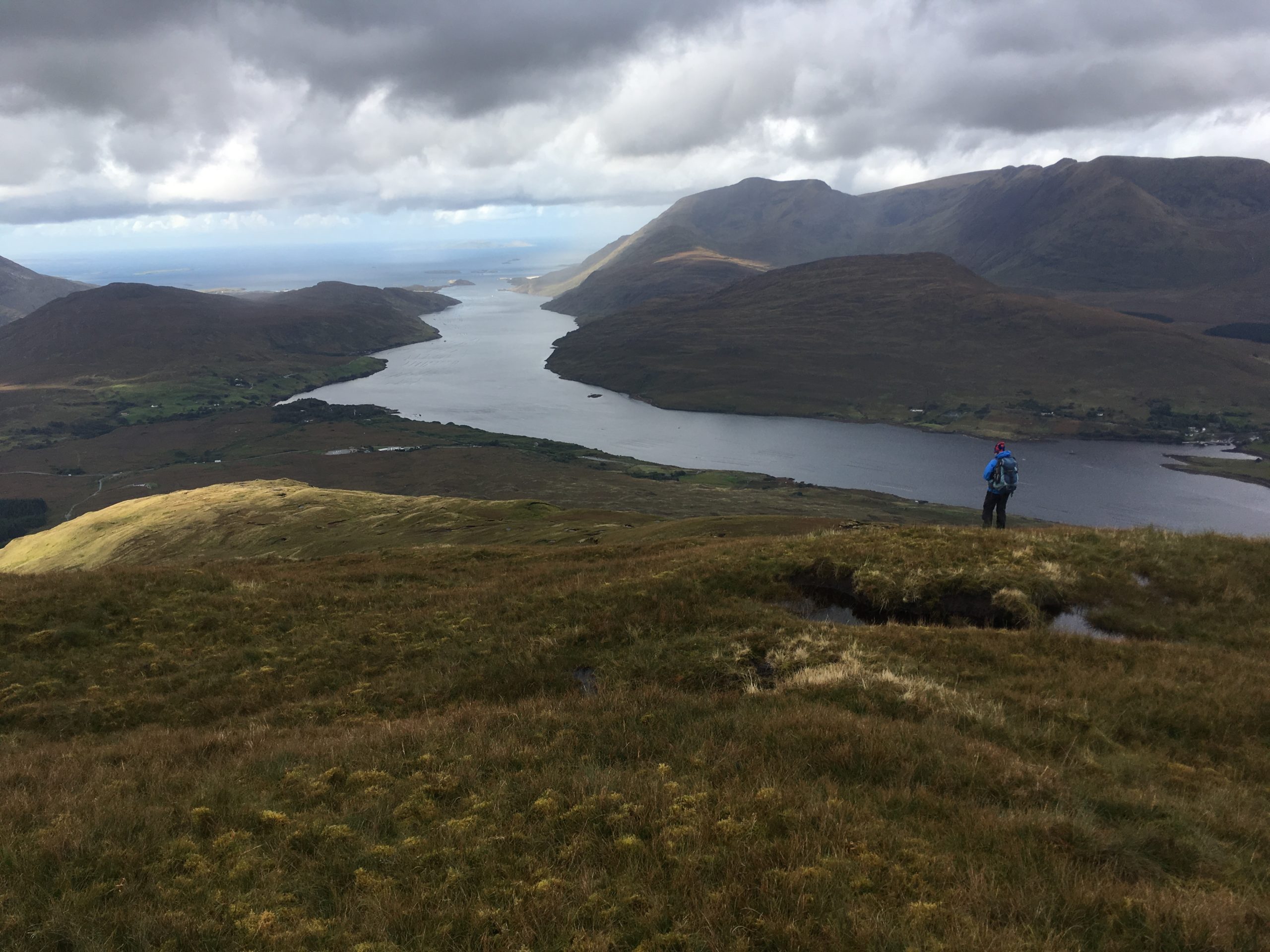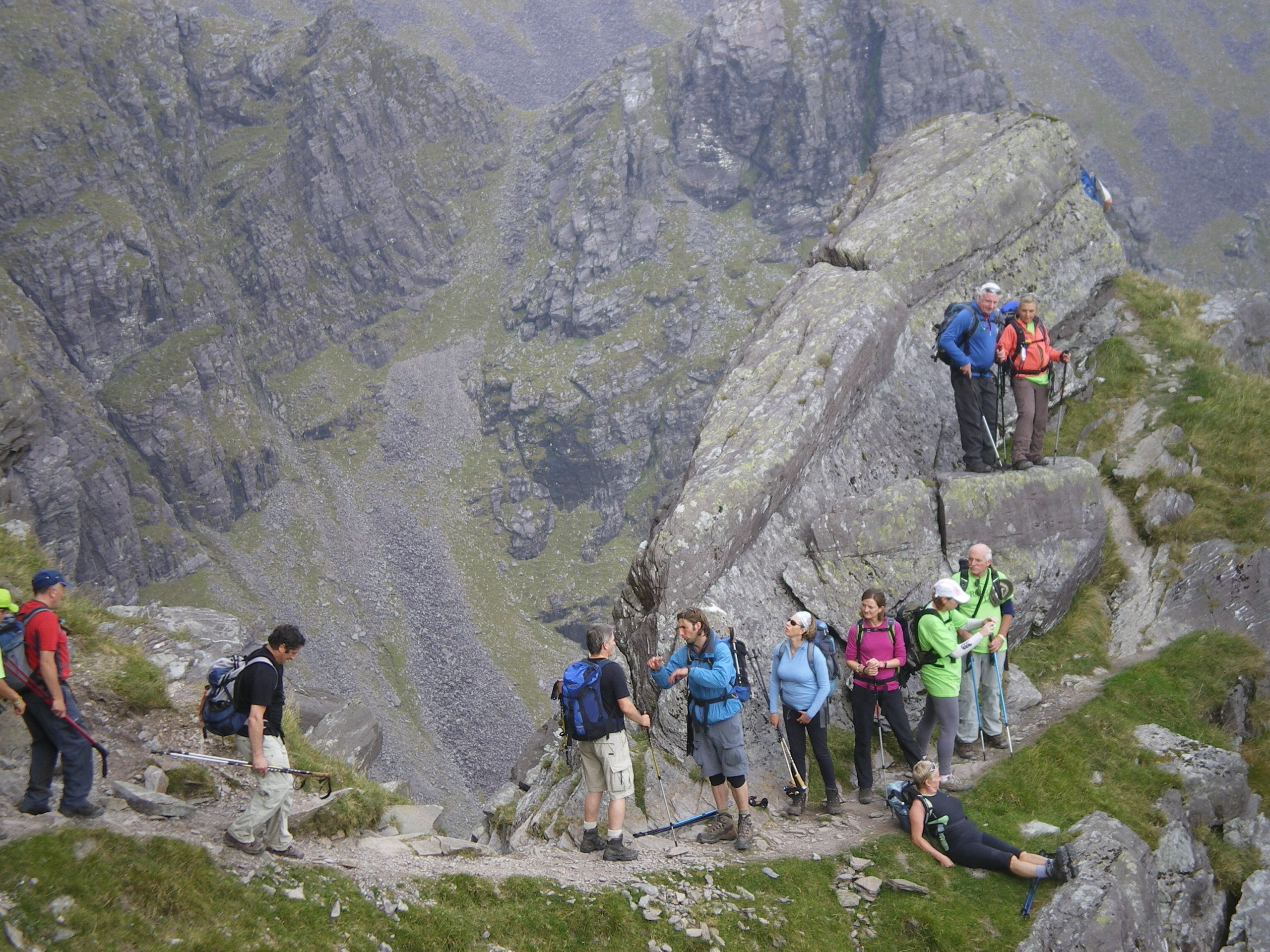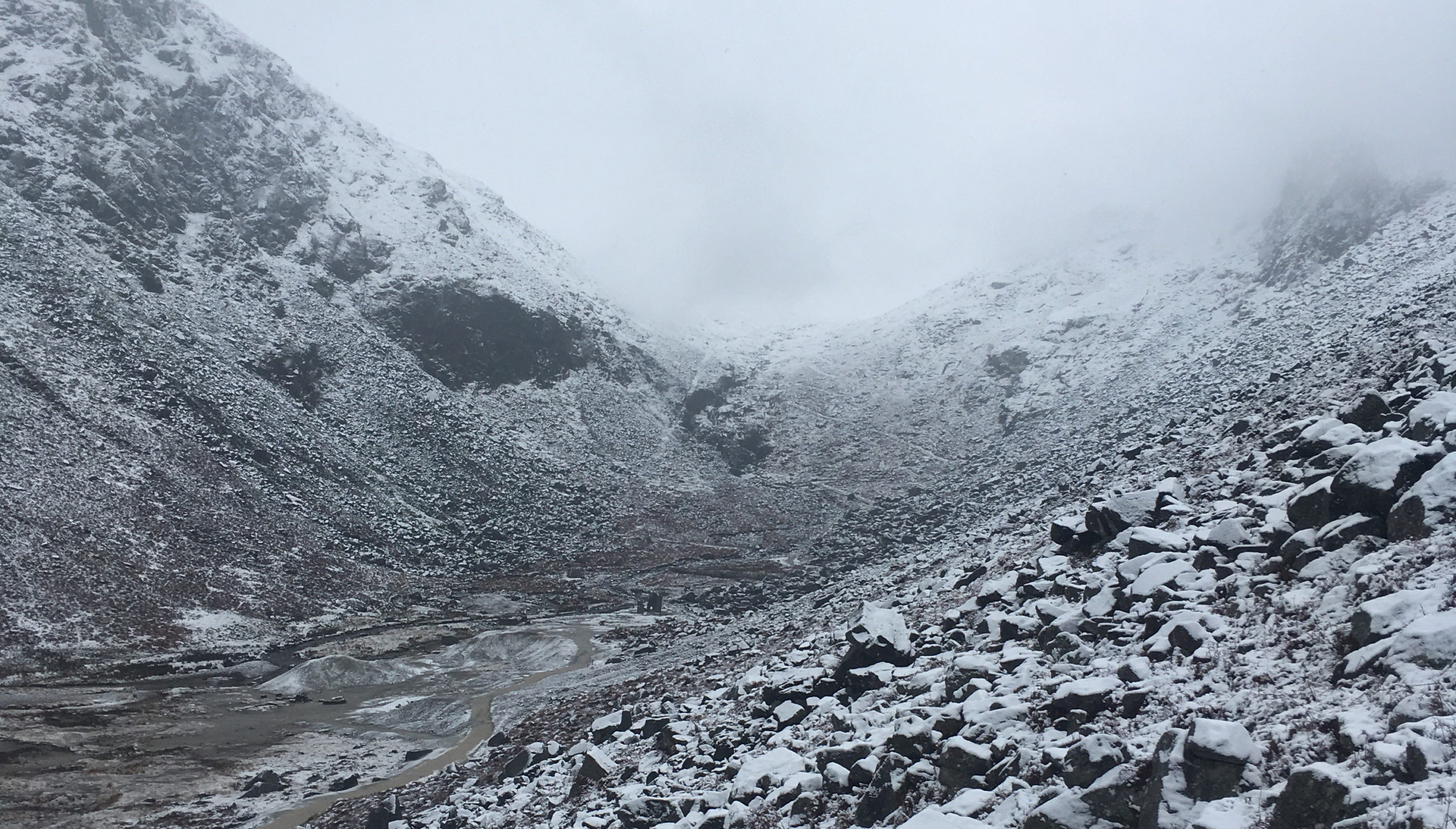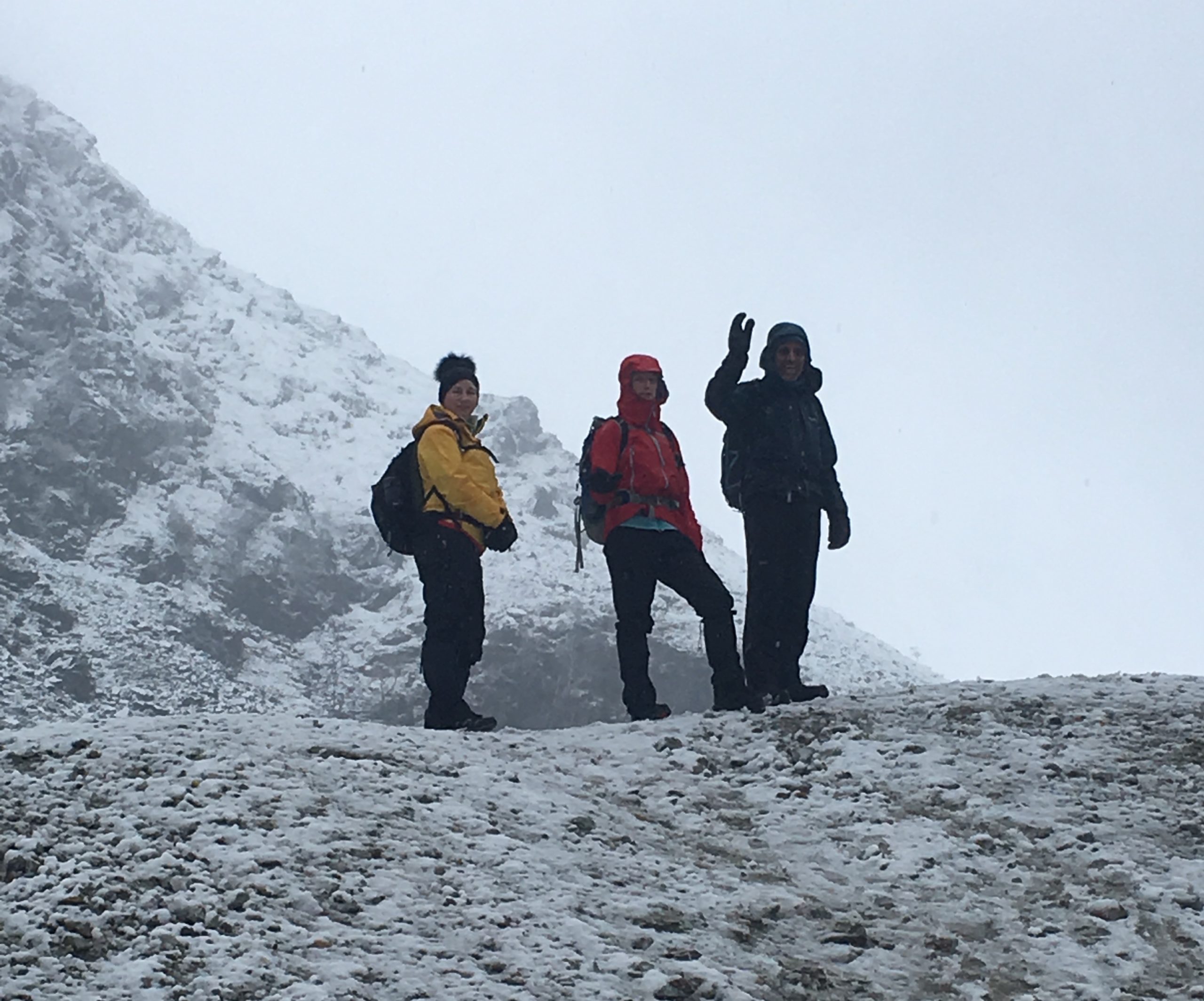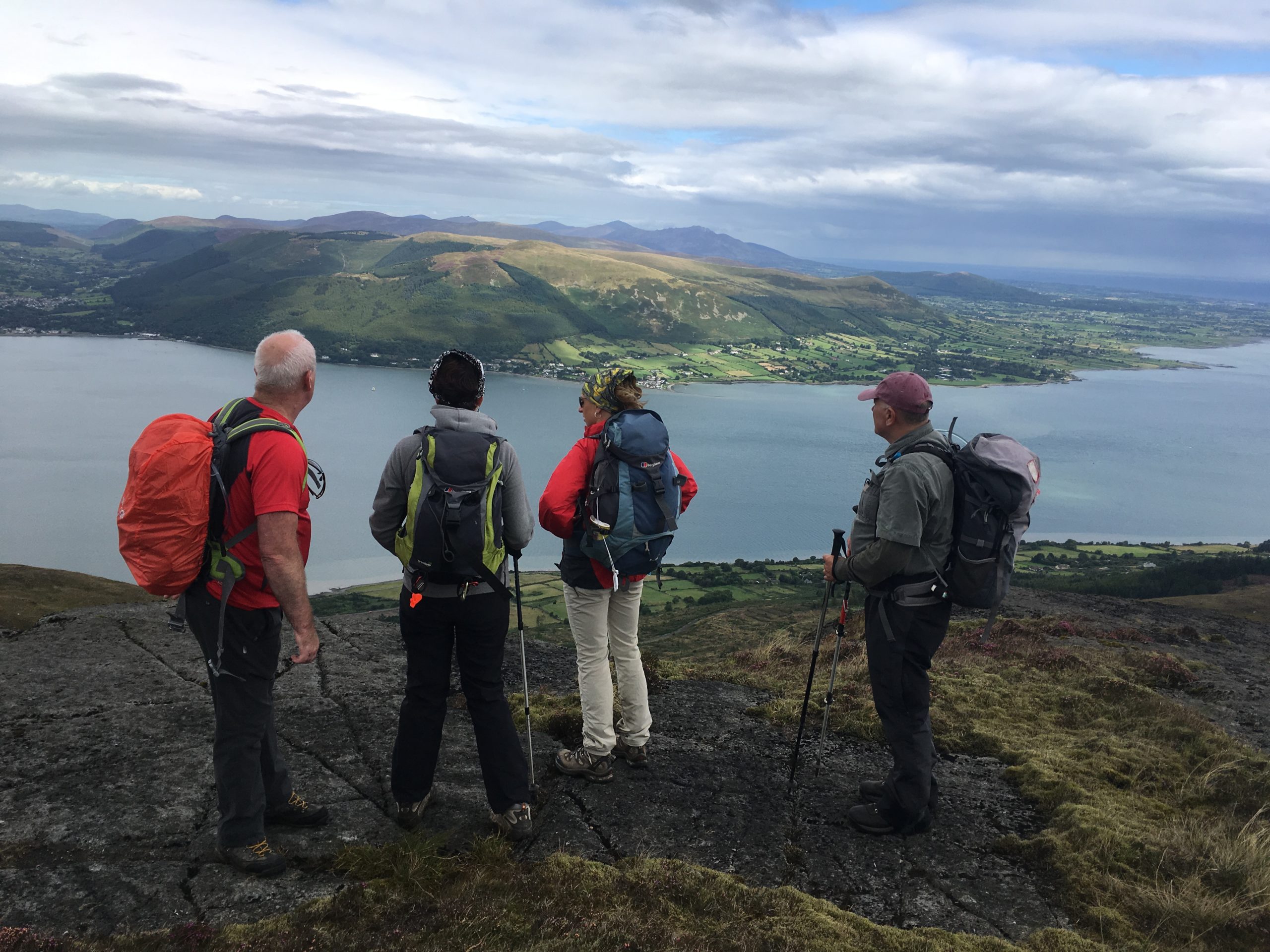AT this stage i think most people know the main benefits of walking and hiking. Strengthening muscles and joints in the whole body not just legs. Weight loss. Reduces heart risks and indeed according to Macmillan cancer support and Ramblers it can reduces the risk by up to 40% of certain cancers. See below for more http://www.saga.co.uk/magazine/health-wellbeing/exercise-fitness/10-reasons-for-a-winter-walk
Recently I came across the article below and i find it reflects on many other great benefits from walking anywhere . hiking in the hills and mountains i have always enjoyed the connection with nature and the people you walk with, strangers becoming friends. I also find everybody gets a little time to get to know themselves a little better. Call it “Quiet time”.
Restore your soul
As Slow Movement pioneer, and author of In Praise Of Slow, Carl Honoré says, ‘Travelling on foot can be meditative, fostering a slow frame of mind. When we walk, we are aware of the details around us – birds, trees, the sky, shops and houses, other people. We make connections.’ Making these connections with our surroundings can lift our spirits.
An Essex University research team has shown that ‘green exercise’ – walking in a natural environment – markedly reduces stress levels, and enhances mood and self-esteem. So take the chance to reconnect with nature whenever you can. When you head for your local park, woodland, river or beach, keep your senses alert and tune in to what’s around you. The sky, for example. The Cloudspotter’s Guide by Gavin Pretor-Pinney tells you the difference between cirrocumulus (rippling, mackerel skies) and nimbostratus (rain on the way), or Will Cohu’s Out Of The Woods will help you distinguish ash trees from oaks and maples. You can even learn to find your own food.
Enhance your social life
‘The true charm of pedestrianism does not lie in the walking, or in the scenery, but in the talking,’ said Mark Twain. You can use a walk to chat and catch up with your partner, family and friends; enjoy the puff-and-pant challenge of climbing a hill together; or maybe join a walking group.
BBC sports presenter Clare Balding enjoys walking as a social activity. Her interviews for Radio 4’s Ramblings dispel the idea of rambling being a niche activity. ‘There are different sorts of walking and very different sorts of walkers,’ she says. ‘Not everyone has to wear a cagoule, gaiters and wield a stick.’
In her latest series, Balding walked with artists, musicians and dog owners. As she says, ‘The gym experience is not for everyone. Salvation comes in the form of a good old-fashioned walk.’ So, what are you waiting for? It’s hardly a new idea – but sometimes, the old ones are the best.
For the whole article see https://www.psychologies.co.uk/body/benefits-of-walking.html
